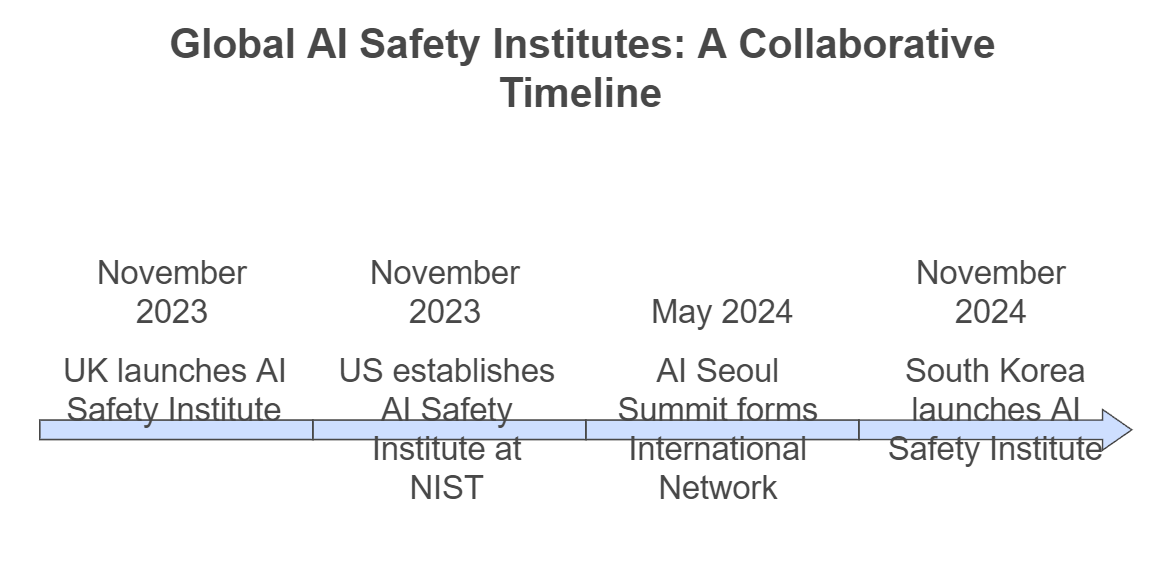
November 18, 2024
California Assembly Bill 3030 (AB 3030), signed into law on September 28, 2024, addresses the use of generative AI (GenAI) in healthcare, effective January 1, 2025. The law mandates that healthcare providers using GenAI for patient communications must include a disclaimer notifying patients of AI-generated content and provide instructions to contact a human representative. Exemptions apply to communications reviewed and approved by licensed professionals and non-clinical communications like billing or appointment scheduling. GenAI is defined as AI producing synthetic content, such as text or images, created independently rather than based on existing data.
The legislation aims to balance GenAI’s benefits and risks, increasing transparency while mitigating harm. Healthcare providers can utilize GenAI tools if disclaimers and human contact information are included. GenAI offers advantages like reducing administrative burdens, but risks include bias from training on inaccurate data, hallucination (fabricated yet convincing outputs), and privacy issues stemming from data retention in AI models.
AB 3030 aligns with broader regulatory trends prioritizing AI transparency, as seen in the American Medical Association’s principles and the White House’s AI Bill of Rights. Healthcare providers in California must review AI tools to comply with these standards and avoid relying solely on exemptions for provider-reviewed communications. This legislation may prompt similar AI regulations in other states, signaling a growing emphasis on ethical AI use in healthcare.
https://natlawreview.com/article/california-passes-law-regulating-generative-ai-use-healthcare







